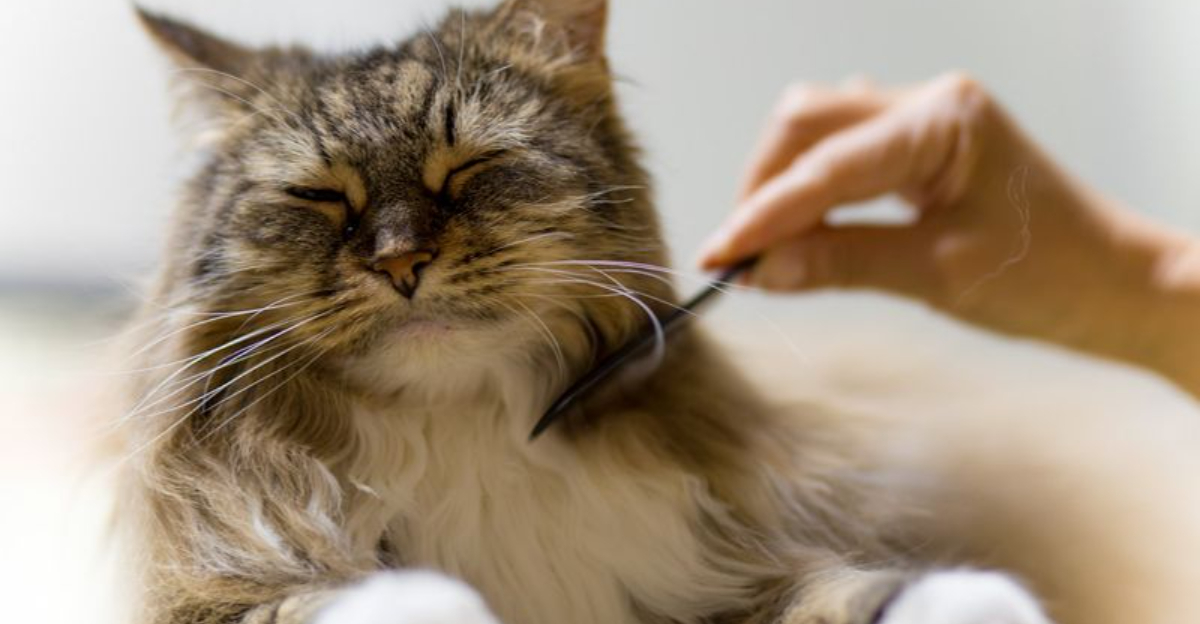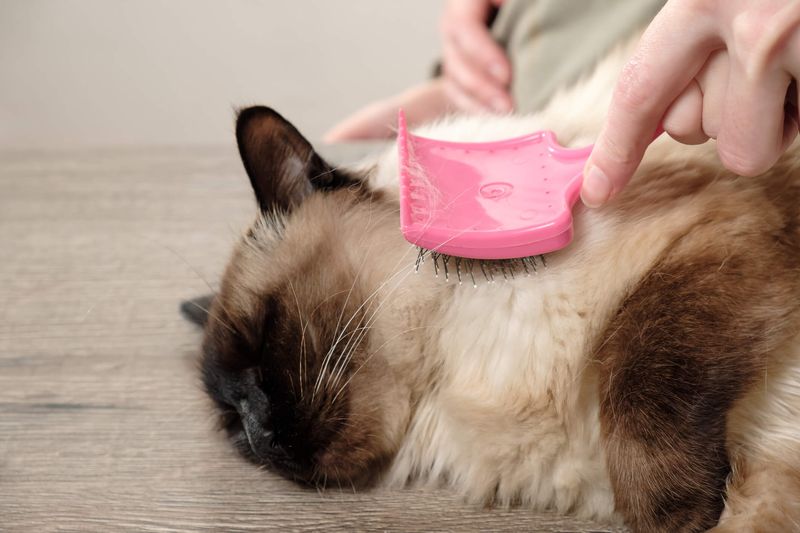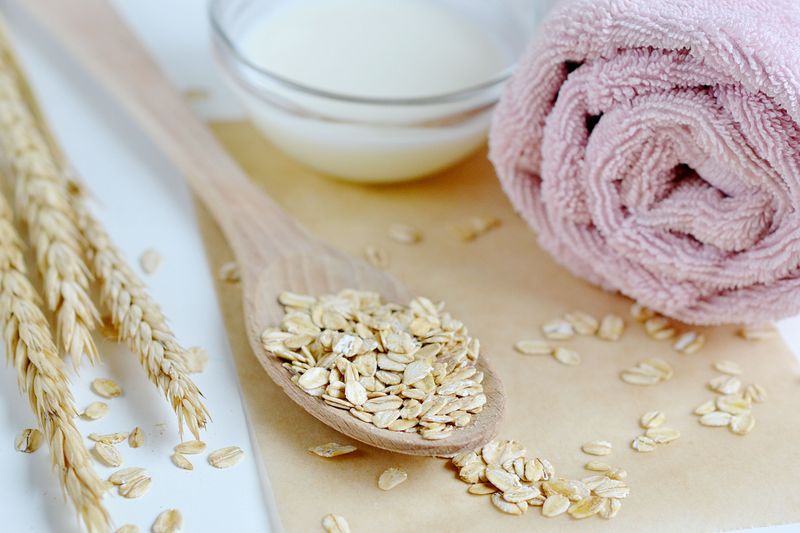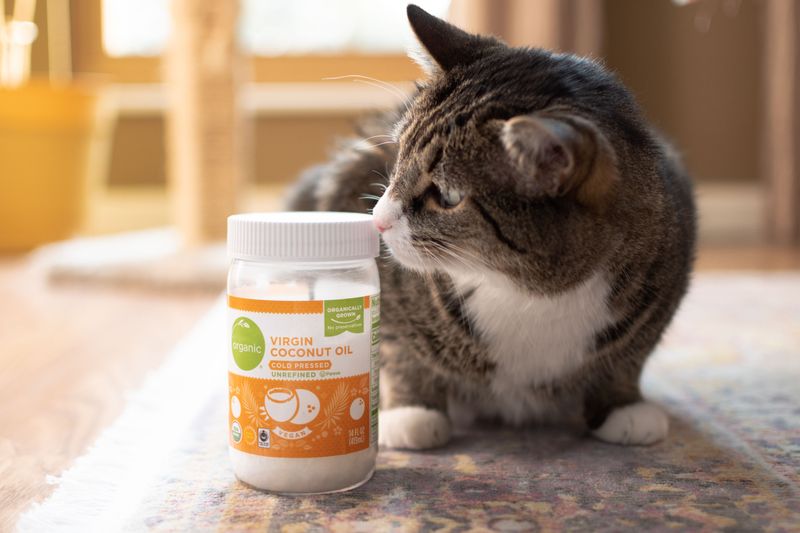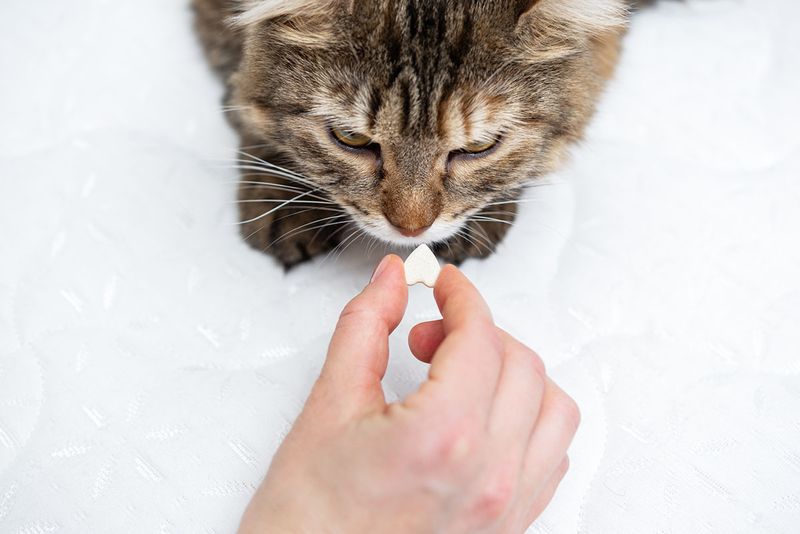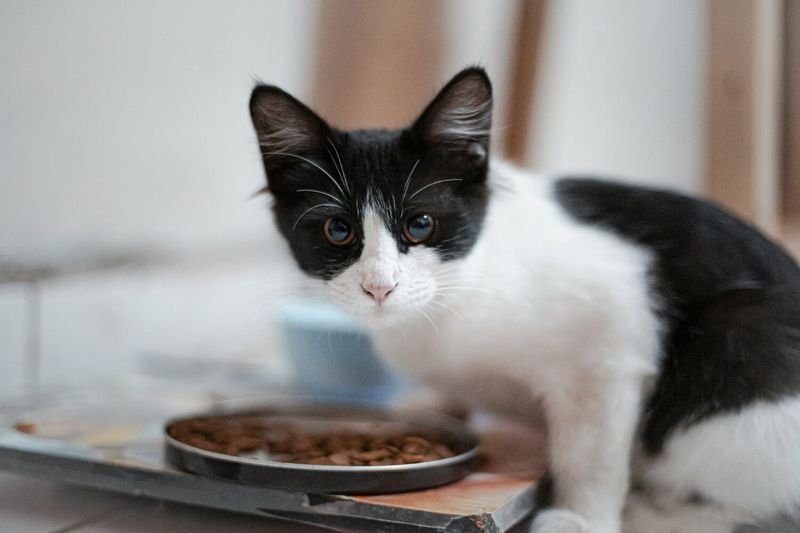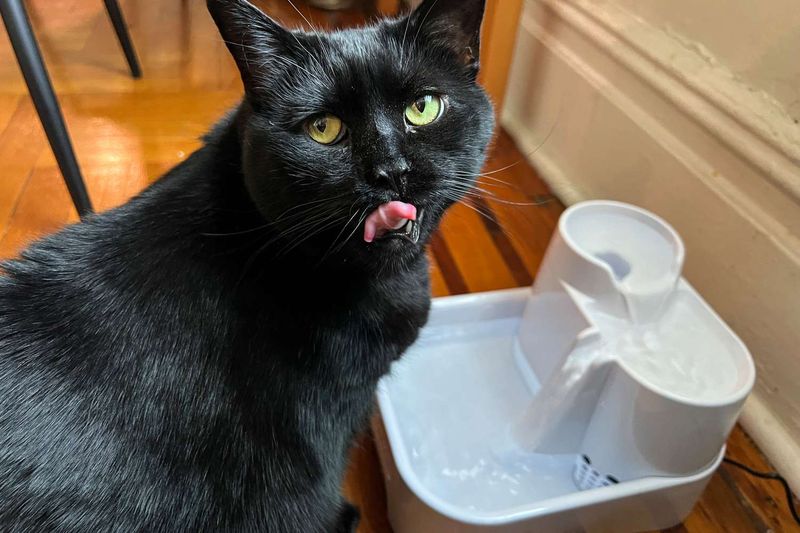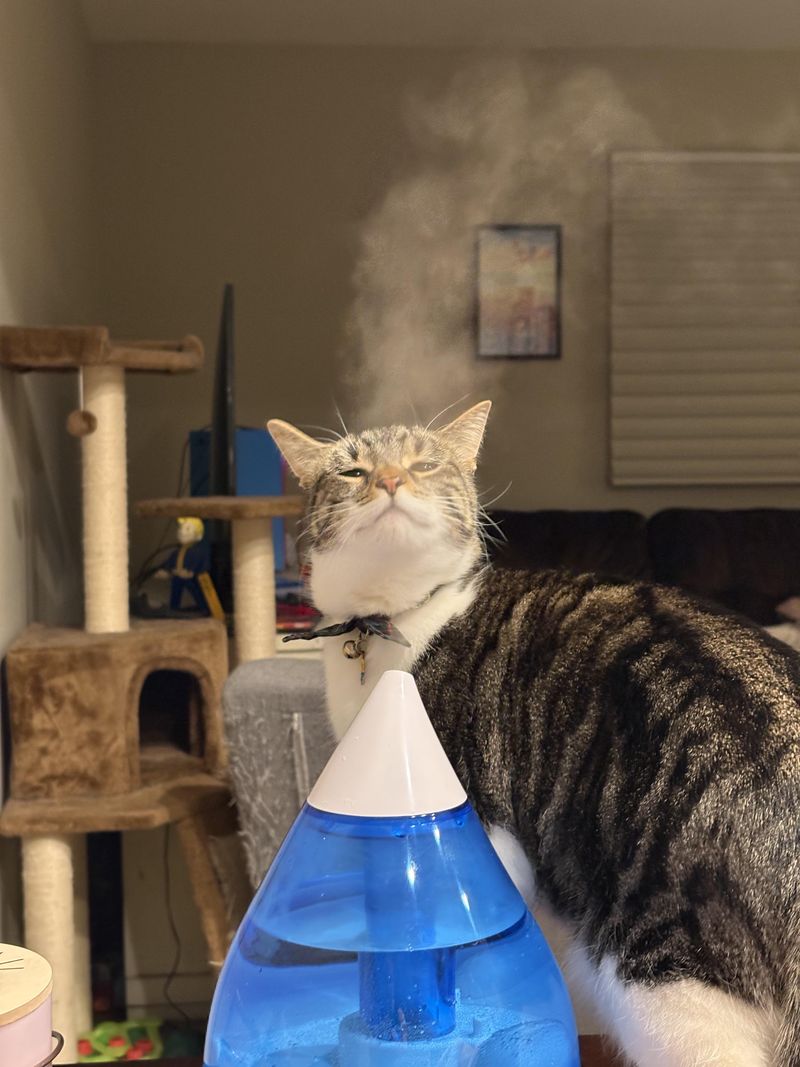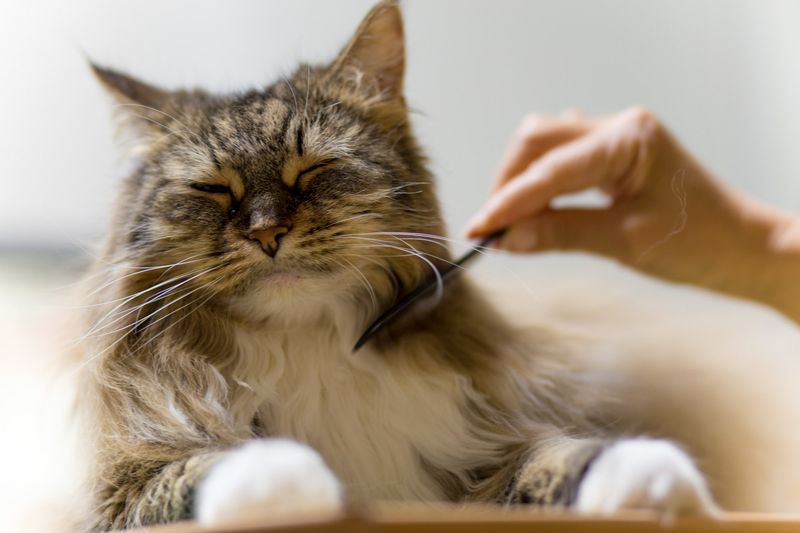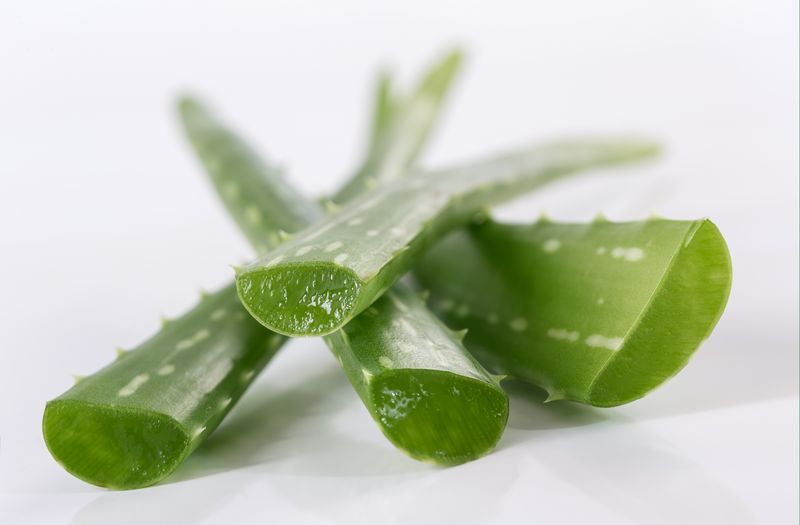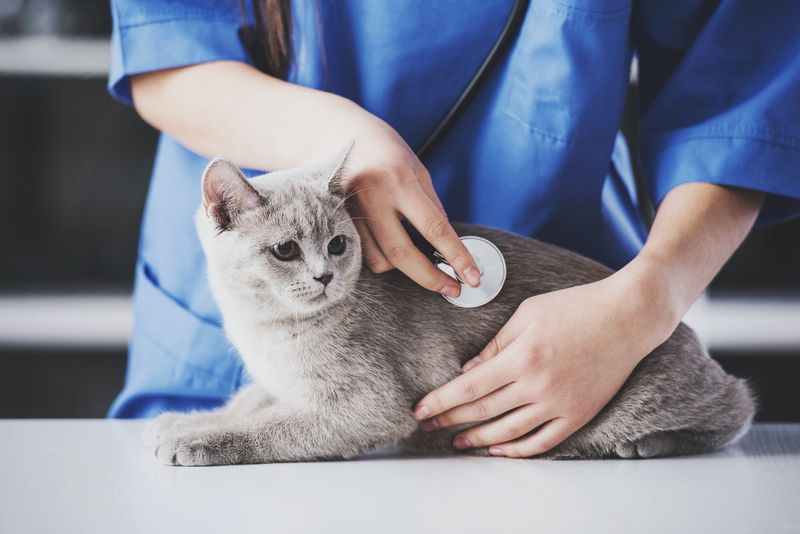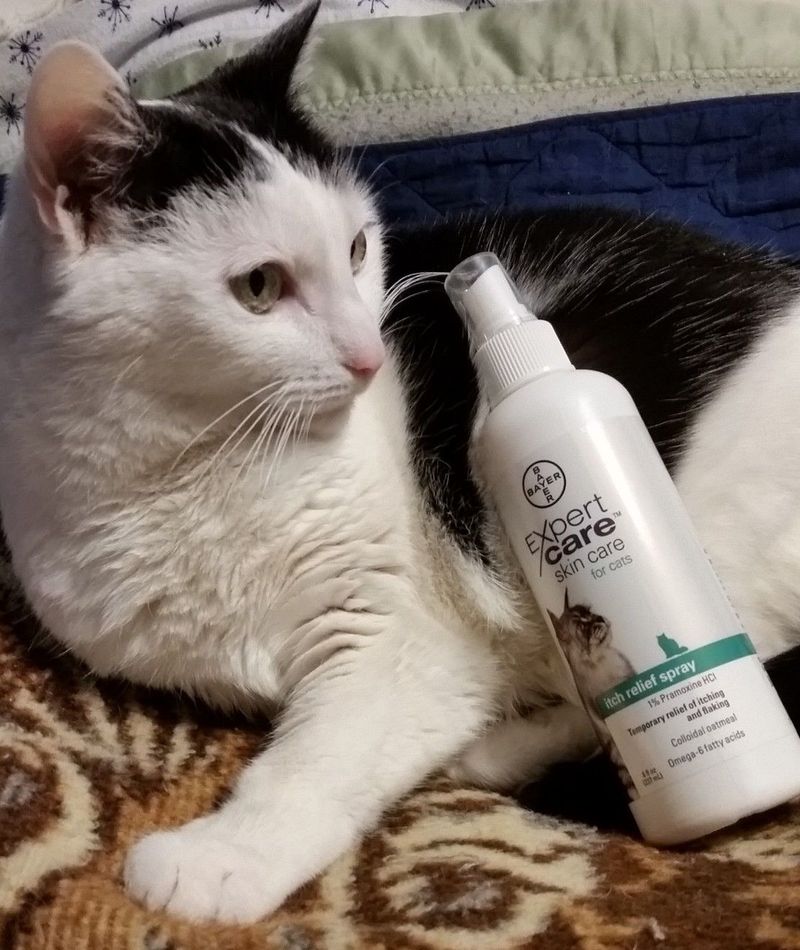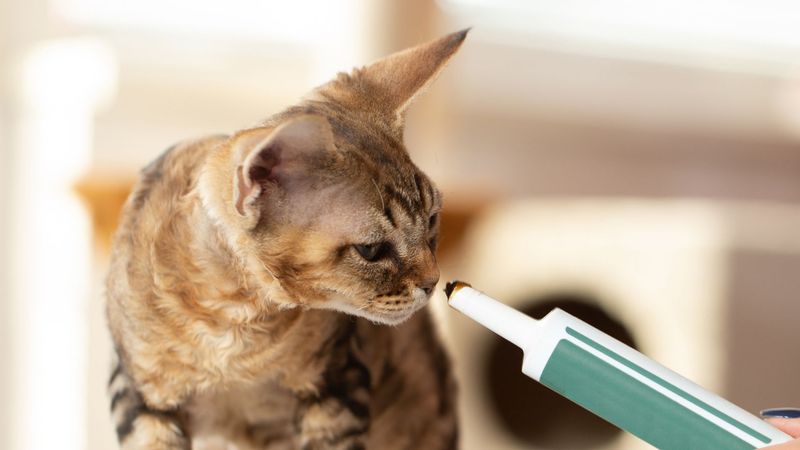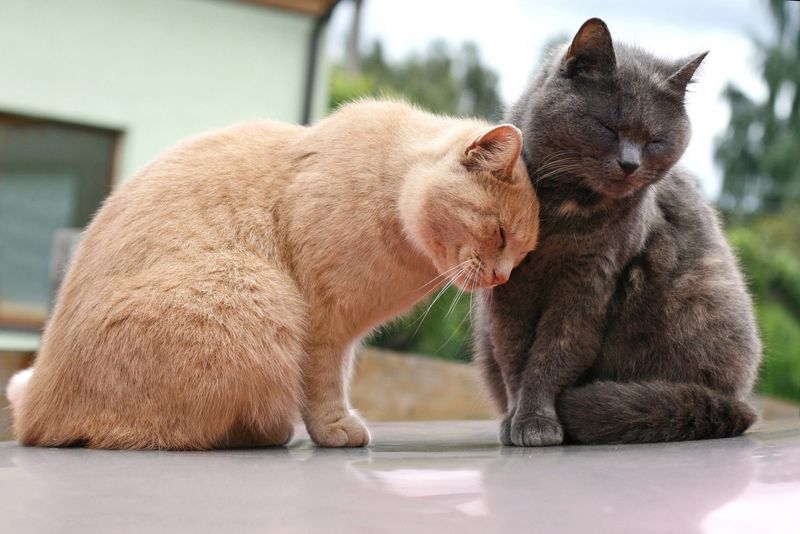📖 Table of Content:
- 1. Regular Grooming
- 2. Moisturizing Oatmeal Baths
- 3. Coconut Oil Massage
- 4. Fish Oil Supplements
- 5. Switch to a Hypoallergenic Diet
- 6. Hydration is Key
- 7. Use a Humidifier
- 8. Flea Prevention
- 9. Apple Cider Vinegar Spray
- 10. Aloe Vera Gel
- 11. Chamomile or Green Tea Rinse
- 12. Regular Vet Check-Ups
- 13. Anti-Itch Sprays & Creams
- 14. Probiotics for Gut Health
- 15. Stress Reduction Techniques
Cats can experience itchy skin for a variety of reasons, ranging from environmental allergens and food sensitivities to dry indoor air and even stress. When a cat constantly scratches, licks, or bites at its skin, it can lead to discomfort and potential skin infections. Identifying the root cause of the irritation is essential for providing the right treatment. Whether the itchiness is due to seasonal changes, parasites, or an underlying health condition, addressing it promptly can prevent further complications.
Fortunately, there are numerous ways to help relieve your cat’s itchy skin and restore their comfort. Simple lifestyle changes, such as improving hydration and maintaining a balanced diet, can have a significant impact on skin health. Additionally, natural remedies like coconut oil, oatmeal baths, and herbal rinses can provide immediate soothing relief. Understanding your cat’s specific needs and making small adjustments to their care routine can go a long way in keeping their skin soft and irritation-free.
This guide presents 15 practical and effective methods to ease your feline friend’s itchiness and improve their overall skin health. From regular grooming and flea prevention to dietary supplements and stress reduction, there are many strategies to explore. Each method is designed to target common causes of skin irritation and provide relief in a safe and gentle way. By implementing these tips, you can help your cat stay comfortable, happy, and free from constant scratching.
1. Regular Grooming
Brushing your cat regularly helps remove dirt, loose fur, and potential allergens that may be causing irritation. By keeping the coat clean and free of debris, you reduce the risk of skin inflammation and matting. Long-haired cats, in particular, benefit from daily brushing to prevent tangles that can trap moisture and irritants. Not only does grooming improve skin health, but it also enhances circulation and distributes natural oils that keep the skin hydrated. A gentle brush with soft bristles or a grooming glove can make the process enjoyable for both you and your cat. Paying attention to any redness, bumps, or excessive shedding during grooming can also help catch skin issues early. If your cat dislikes brushing, try rewarding them with treats to create a positive association.
2. Moisturizing Oatmeal Baths
Soothing your cat’s skin with an oatmeal bath can provide much-needed relief from itching and inflammation. Colloidal oatmeal, which is finely ground and suspended in water, has natural anti-inflammatory properties that help calm irritated skin. When mixed with warm water, it forms a gentle, hydrating solution that can coat and protect the skin. Unlike harsh shampoos that may strip natural oils, an oatmeal bath helps restore moisture and balance. For best results, let the oatmeal solution sit on your cat’s coat for five to ten minutes before rinsing thoroughly. Some cats may resist baths, so using a damp cloth to apply the mixture can be a less stressful alternative. Always use cat-safe oatmeal products, as human formulations may contain ingredients that could be harmful.
3. Coconut Oil Massage
Applying coconut oil to your cat’s itchy skin can provide natural moisture and soothing relief. Rich in fatty acids and antioxidants, coconut oil helps nourish dry skin and reduce inflammation. A small amount gently massaged onto affected areas can create a protective barrier against irritants. Besides skin benefits, coconut oil can also be ingested in small amounts to promote overall coat health. However, it’s important to introduce it gradually to avoid digestive upset. Some cats may not tolerate coconut oil well, so testing a small patch on the skin before full application is recommended. If your cat dislikes the texture or smell, consider mixing a little into their food for an internal boost to skin hydration.
4. Fish Oil Supplements
Enhancing your cat’s diet with fish oil supplements can significantly improve skin health and reduce itchiness. Omega-3 fatty acids, found in fish oil, have powerful anti-inflammatory properties that help soothe irritated skin. Regular supplementation can strengthen the skin’s natural barrier, making it less prone to dryness and environmental irritants. Many veterinarians recommend fish oil as a safe and effective way to support both skin and overall health. It’s available in liquid or capsule form, making it easy to mix with your cat’s food. Be sure to use a high-quality, mercury-free fish oil formulated for pets. Over time, consistent use can lead to a shinier coat and reduced scratching.
5. Switch to a Hypoallergenic Diet
Changing your cat’s diet to a hypoallergenic formula can help reduce skin irritation caused by food allergies. Many cats suffer from sensitivities to common ingredients like chicken, beef, dairy, or grains, which can trigger itching and inflammation. Switching to a limited-ingredient or novel protein diet, such as duck or venison, may alleviate symptoms. It can take several weeks to see improvement, as allergens need time to clear from the system. A vet may recommend an elimination diet to pinpoint the specific ingredient causing the reaction. Choosing a high-quality, grain-free, and protein-rich diet can support overall skin health. Always transition your cat’s food gradually to avoid digestive upset.
6. Hydration is Key
Ensuring your cat stays well-hydrated is crucial for maintaining healthy skin and preventing itchiness. Dry skin often stems from dehydration, especially in cats that primarily eat dry kibble. Adding wet food to their diet or providing a pet water fountain can encourage better hydration. Cats naturally prefer running water, so a fountain may entice them to drink more. If your cat is reluctant to drink, offering water-rich treats like broth or wet food can help. Proper hydration helps maintain skin elasticity and prevents excessive flaking. Over time, increasing water intake can lead to softer, itch-free skin.
7. Use a Humidifier
Adding moisture to the air with a humidifier can help prevent your cat’s skin from becoming too dry. Indoor heating or air conditioning can reduce humidity levels, leading to flaky, irritated skin. A humidifier placed in your cat’s favorite room can restore the moisture balance in the air. This is especially beneficial during winter months when dry air is more common. Cats with respiratory sensitivities may also breathe easier with a properly humidified environment. Regularly cleaning the humidifier prevents bacteria or mold buildup that could be harmful. Keeping the humidity at an optimal level can make a noticeable difference in your cat’s skin and coat health.
8. Flea Prevention
Protecting your cat from fleas is one of the most effective ways to prevent skin irritation and excessive scratching. Even a small flea infestation can lead to intense itching and allergic reactions in sensitive cats. Using vet-approved flea treatments, such as topical applications, oral medications, or flea collars, can keep your cat flea-free. Regularly washing bedding and vacuuming your home helps eliminate flea eggs and larvae. Checking your cat’s fur for signs of fleas, such as black specks (flea dirt), is important for early detection. If your cat already has fleas, a combination of treatment and environmental control is necessary. Preventative flea care is far easier than dealing with an infestation later.
9. Apple Cider Vinegar Spray
Diluting apple cider vinegar with water can create a natural spray to help soothe mild skin irritation. The antibacterial and antifungal properties of apple cider vinegar make it useful for addressing minor skin issues. A 50/50 mixture of water and vinegar can be lightly sprayed on itchy areas, avoiding open wounds. If your cat dislikes sprays, applying it with a damp cloth may be more comfortable. This remedy can also help repel fleas, as they dislike the strong smell. Always test a small patch before full application to ensure your cat doesn’t have a sensitivity. While not a cure-all, apple cider vinegar can be a helpful natural aid in managing mild itchiness.
10. Aloe Vera Gel
Using aloe vera gel can provide a cooling effect and immediate relief for irritated skin. The natural anti-inflammatory and moisturizing properties of aloe help soothe redness and itching. Only pure, additive-free aloe vera should be used, as some commercial gels contain ingredients toxic to cats. Applying a thin layer on affected areas can help calm inflammation without making the fur greasy. Cats may try to lick it off, so applying it in areas they can’t easily reach is ideal. Some pet-safe aloe vera sprays are available for easier application. Aloe can be a gentle and effective way to support skin healing.
11. Chamomile or Green Tea Rinse
Applying a chamomile or green tea rinse can help soothe inflamed and itchy skin in cats. Both teas contain natural anti-inflammatory and antibacterial properties that can reduce redness and irritation. To use this remedy, steep a tea bag in hot water, allow it to cool completely, and then gently dab it onto the affected areas. The cool temperature also provides immediate relief for irritated skin. Some cat owners find that a light rinse with chamomile or green tea after a bath helps maintain skin health. If your cat dislikes being wet, you can apply the tea using a cotton pad or cloth. Regular use of this natural remedy can contribute to a healthier and more comfortable coat.
12. Regular Vet Check-Ups
Scheduling routine vet visits is essential for identifying and treating underlying causes of itchy skin. A veterinarian can perform tests to rule out allergies, infections, or more serious skin conditions. In some cases, excessive itching may be a symptom of an autoimmune disorder or hormonal imbalance. Getting a professional diagnosis ensures that your cat receives the appropriate treatment rather than relying on trial-and-error remedies. If your cat’s itching persists despite home treatments, a vet can prescribe medicated shampoos, antihistamines, or even allergy shots. Catching skin problems early can prevent them from escalating into painful or chronic conditions. Prioritizing veterinary care can help your cat live a more comfortable and itch-free life.
13. Anti-Itch Sprays & Creams
Using pet-safe anti-itch sprays or creams can provide targeted relief for your cat’s irritated skin. Many sprays contain soothing ingredients such as hydrocortisone, aloe vera, or oatmeal, which help calm inflammation. Unlike oral medications, these topical treatments work directly on the affected areas, providing fast relief. It’s important to choose a formula specifically designed for cats, as human creams may contain harmful ingredients. Spraying or gently applying cream to itchy spots can prevent excessive scratching that leads to open wounds or infections. Some cats may dislike sprays, so using a soft cloth to apply the product can make the process easier. Always consult your vet before using any medicated creams to ensure they are safe for your feline.
14. Probiotics for Gut Health
Improving your cat’s gut health with probiotics can help reduce allergic reactions and skin issues. A balanced gut microbiome supports a strong immune system, which plays a role in managing skin inflammation. Many food allergies and sensitivities stem from digestive issues, so adding probiotics to their diet can promote better digestion and nutrient absorption. Probiotics are available in powder, capsule, or chewable form, making it easy to mix with your cat’s food. Regular use may lead to a shinier coat, reduced shedding, and fewer occurrences of itchy skin. Always introduce new supplements gradually to monitor your cat’s response. Over time, a healthy gut can contribute to overall skin and coat improvement.
15. Stress Reduction Techniques
Creating a stress-free environment can help prevent excessive grooming and scratching caused by anxiety. Cats often lick or scratch themselves more when they are stressed, leading to skin irritation and hair loss. Providing a safe, quiet space with comfortable hiding spots can help reduce stress levels. Interactive playtime, puzzle toys, and regular affection also keep your cat mentally stimulated and relaxed. Feline pheromone diffusers, such as Feliway, can be used to create a calming atmosphere in your home. Keeping a consistent routine with feeding times and daily interactions can provide a sense of security for your cat. By reducing stress, you can minimize compulsive scratching and improve your cat’s overall well-being.
